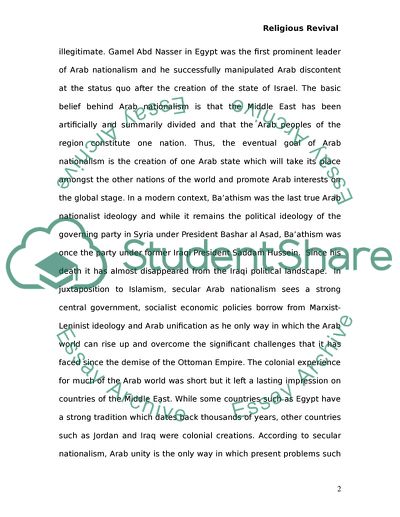Cite this document
(Islam and World Politics Assignment Example | Topics and Well Written Essays - 2250 words, n.d.)
Islam and World Politics Assignment Example | Topics and Well Written Essays - 2250 words. Retrieved from https://studentshare.org/politics/1729117-islam-and-world-politics
Islam and World Politics Assignment Example | Topics and Well Written Essays - 2250 words. Retrieved from https://studentshare.org/politics/1729117-islam-and-world-politics
(Islam and World Politics Assignment Example | Topics and Well Written Essays - 2250 Words)
Islam and World Politics Assignment Example | Topics and Well Written Essays - 2250 Words. https://studentshare.org/politics/1729117-islam-and-world-politics.
Islam and World Politics Assignment Example | Topics and Well Written Essays - 2250 Words. https://studentshare.org/politics/1729117-islam-and-world-politics.
“Islam and World Politics Assignment Example | Topics and Well Written Essays - 2250 Words”, n.d. https://studentshare.org/politics/1729117-islam-and-world-politics.


